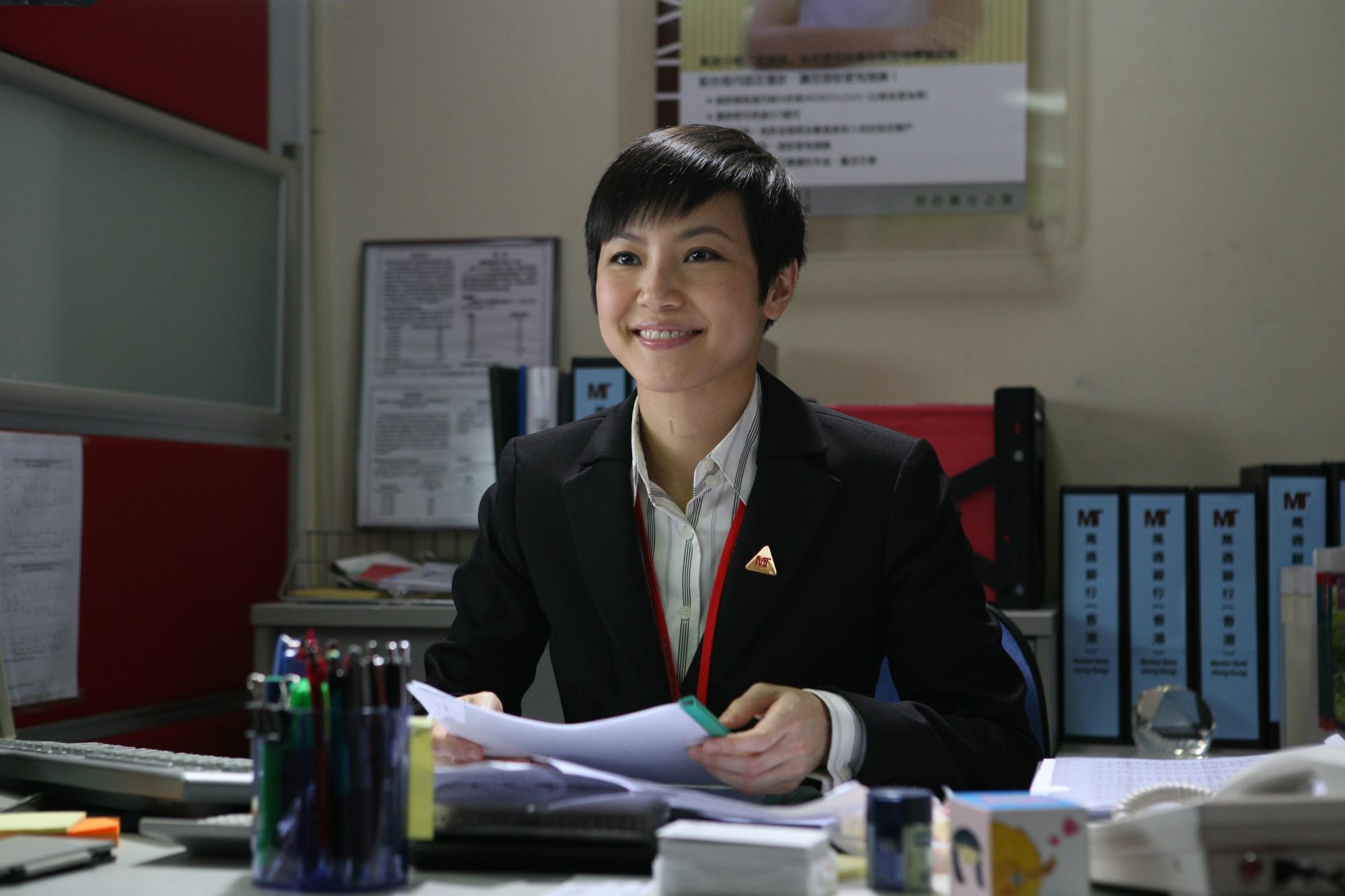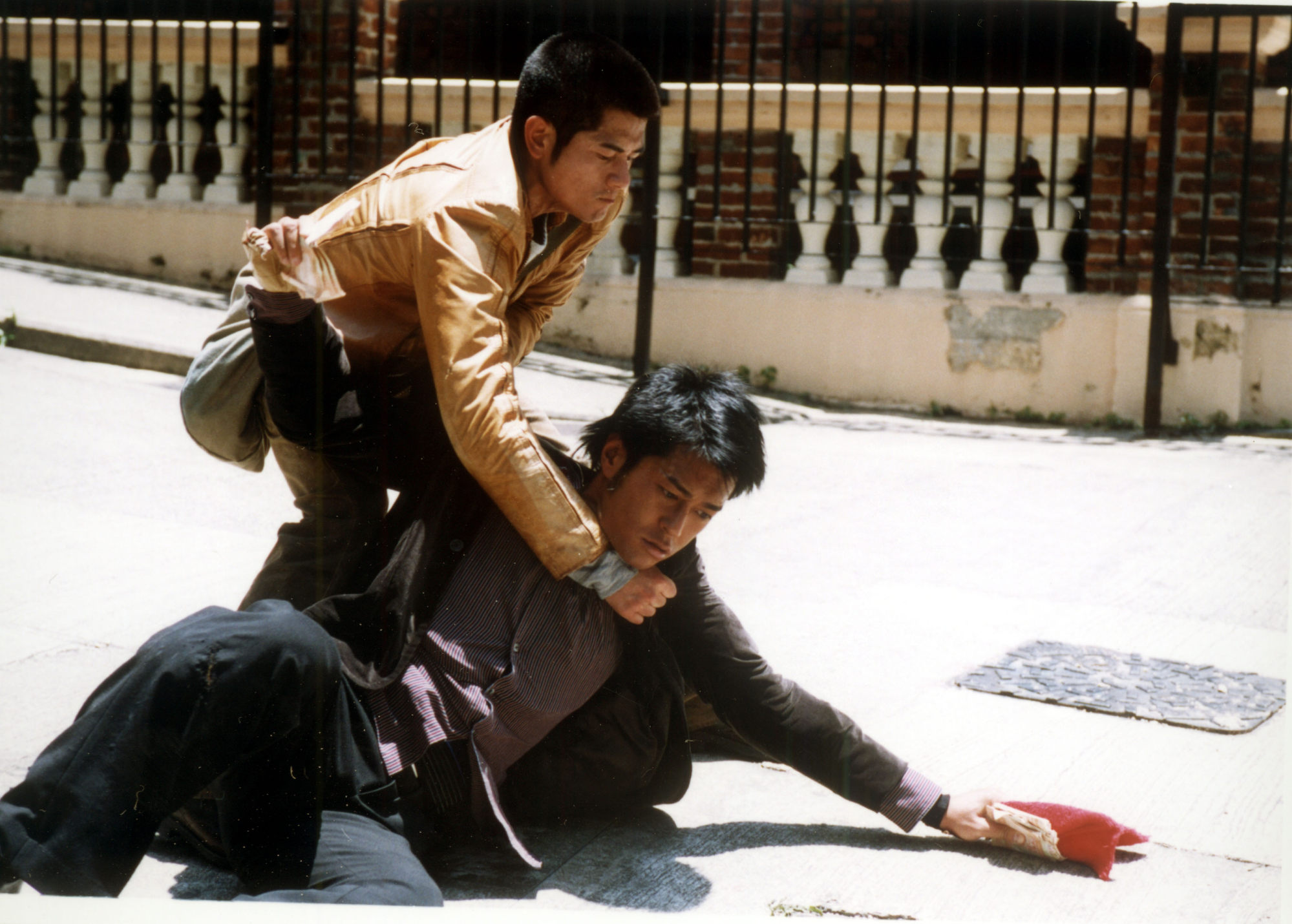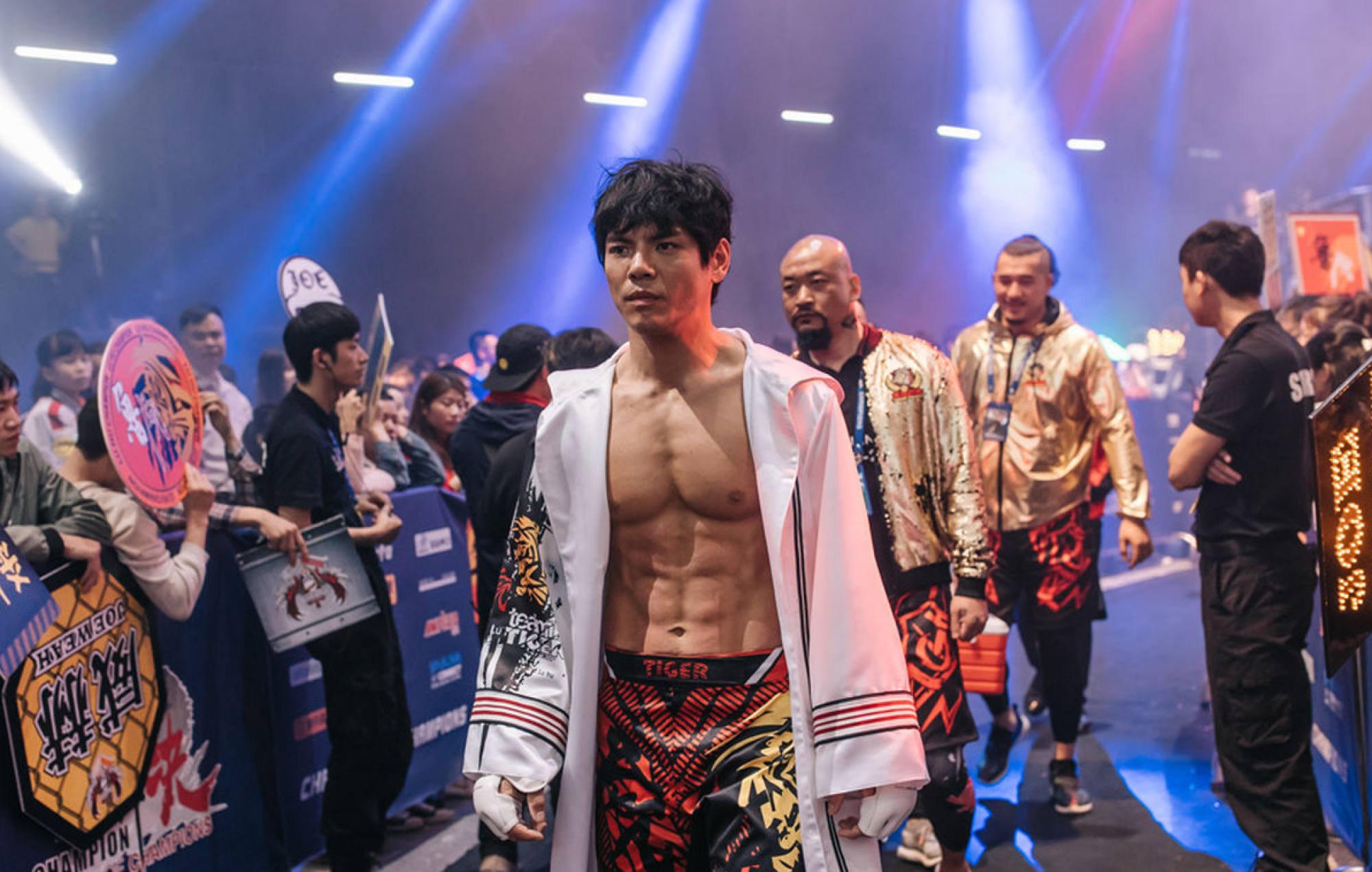
‘All a lie’: filmmaker Johnnie To on Hong Kong, censorship in city’s cinema, human greed and the prospects of making Election 3
- In a candid interview, Johnnie To talks about mainland Chinese censors, losing money in the 2008 financial crisis and the burden of hope in Hong Kong
- He reveals his favourite among his movies, the prospects of making another instalment in his epic triad series Election and why films aren’t as good today
Johnnie To Kei-fung presented three films and took part in a master class at this year’s Far East Film Festival in Udine, Italy. The veteran Hong Kong director has visited the festival several times; in fact, at the first edition in 1999, his A Hero Never Dies won the audience award, the festival’s main award.
“Since it started, I’ve always respected this festival,” To tells the Post. “Right from the start, they brought a lot of Hong Kong films – in fact, Hong Kong films were the major element at first. Later on, they brought more Asian films and new Asian directors to Udine.
“I hope that the festival will keep up with the good work to promote and support cinema, and not be pressured by outside forces. Always remember to keep the spirit.”
To was an affable presence at the festival, sitting for interviews, meeting with fans at lunches, toasting attendees at the annual Hong Kong Film celebration and even leading a karaoke singalong to the Japanese hit Ue o Muite Aruko (Sukiyaki).

To screened three of his films in a series the festival called “Johnnie Without a Gun”: Sparrow (2008), Life Without Principle (2011) and Office (2015). When I praise his 3D musical Office, which was adapted from a stage play written by Sylvia Chang Ai-chia, he seems rather dismissive of the film.
“It was not a success,” he says, and he isn’t just talking about its box-office returns.
“The set had interesting problems to work out because I wanted a design that allowed you to see the characters inside a room and the full office as well. But I was working with a fully structured script by Sylvia Chang.
“That’s a problem for me, because when I shoot a film I never really have a screenplay ready. When I finish the film, that is when I finish the screenplay.”

To wonders aloud if he could ever do justice to a script someone else wrote. “Is it better to keep doing what I have been doing, to film directly without a script, or better to try something different?”
To recalls that he made Life Without Principle because his own holdings suffered during the 2008 financial crisis.
“I got hurt in my investments,” he says. “I found out the system was all bulls***. For me, the question became: is it too easy to make fast money?”

In an early scene in that film, a bank officer played by Denise Ho Wan-see tricks an elderly woman into investing her life’s savings in a dubious fund. To plays out the betrayal in excruciating detail, with Ho reciting a boilerplate disclaimer three times in a row.
“When I shot that scene, it was more than 45 minutes long,” To says. “Everyone in the scene had to memorise all this dialogue. I took a lot out so I could focus on the point where the poor woman can only say, ‘I understand completely.’”
Life Without Principle and Office both examine the catastrophic effect the economy can have on people when things go wrong. To asks with the films whether it was the system or people themselves who were at fault.
From Donnie Yen to Jackie Chan, Hong Kong stars at the Udine film festival
“People are not satisfied with what they have, they want more and more,” he says. “And they want it fast, especially big investors who have the means to hire professionals who essentially steal from the poor.
“Greed is part of human nature. It’s a human weakness. That’s partly why we can be taken advantage of so easily. Because of greed we keep falling into the same trap – a trap that is constantly repeating.”
To regularly shakes off compliments, and doesn’t like talking about style or technique.
“I’m still learning how to make films,” he says. “Lenses, camerawork: it all depends on what the scene is about. The story comes first. When I see the real film masters, I feel like I still have a lot to do.”
Some filmmakers have decided to ‘play it safe’. That is not the Hong Kong of before
As to his favourite of his films, he struggles to find a stand-out.
“I’ve said many times that it’s impossible to say which one,” he says. “But if you’re really insisting, I would say Throw Down [2004]. During [the] Sars [outbreak] in 2003, there was a lot of sadness in Hong Kong. Every scene in Throw Down relates to my own personal feelings. It’s a personal film; my favourite so far.”

Would To say he and his peers have figured out a way around censors?
“It’s hard to guess the proper lines,” he says. “Recently, [mainland] Chinese censorship has not been especially intensive – not directly. Of course they have influence. They never tell you what is right or wrong, they just tell you what they don’t want to see. ‘Can you cut this? Can you cut that?’”

For Mad Detective, mainland Chinese censors demanded cuts but didn’t touch the crime story itself; they were upset about political elements, To says. After they approved the film, Hong Kong censors then demanded their own cuts.
“Censorship – [it] depends on what they are targeting, [like] something political, maybe something about the 2019 [anti-government] demonstrations [in Hong Kong]. People making movies have to self-censor; if not the director, then the investors.
“In the future, people will be more alert. A story about a policeman, that they [the censors] will watch. Some filmmakers have decided to ‘play it safe’. That is not the Hong Kong of before.”

“I’d really like to do it,” To says. “After I shot the first two [released in 2005 and 2006], I found I had a problem. Gangsters have all changed. You can see how they’re under an outside control. So I hope I can film Election 3. I just don’t know when.”
Malaysian social drama Abang Adik’s director on its big win at Udine film fest
Instead, the director is starting another project – a story about “hope” – this month. Unlike his recent boxing drama Chasing Dream (2019), which he called “fun but too simple”, the new project will have a darker tone.
“Hope is a burden,” To says. “In 2003, Hong Kong people felt that they had power. We still had hope. Deng Xiaoping promised us ‘one country, two systems’. China had not yet rejected [the prospect of having] the chief executive voted in by the people.
“For a few years, we still had that hope. Otherwise, how can you survive? Everyone needs hope. Twenty years later, my feelings have changed. I’m thinking what we expected is all a lie.”

I ask To about one of his remarks in particular, in which he said: “I think films around the world today are worse than before.” What would make them better?
“I don’t know,” he answers with a shrug. “Films have become a bit too politicised. They highlight the importance of equality to the point where we are making things unbalanced. Why are we making films anyway? It’s not to bring them to a film festival – it’s to talk about something of substance.
“In Berlin, I said the movies I find interesting are the ones that cause change, the ones that deal with the truth. We’ve had a lot of change at home, back from when it became Hong Kong. Living in Hong Kong is about change.”
